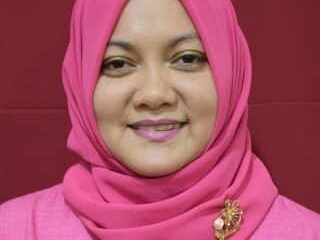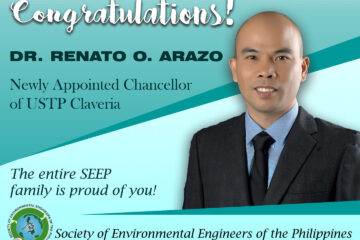With a vote of 211-0 with no abstention, the House of Representatives approved on third and final reading a bill seeking to regulate the practice of environmental engineering.
House Bill 8690 or the “Environmental Engineering Law of the Philippines”, principally authored by Rep. Teddy Brawner Baguilat Jr. (Lone District, Ifugao), aims to upgrade and update the competence, knowledge, skills and attitudes of the Filipino environmental engineering practitioners. It also aims to make the country’s environmental engineering practitioners globally competitive and their services accessible to all citizens.
HB 8690 defines environmental engineering as the “application of science and engineering principles to protect and improve the environment, including the air, water and land resources, to provide safe water, air and land for human habitation and for other organisms and to rehabilitate polluted sites.”
Environmental engineering further encompasses solid waste management; environmental impact assessment; pollution abatement; protection of watersheds; and management of toxic and hazardous substances and radiological pollution, among others.
The measure provides that the ultimate goal of environmental engineering is the protection of human populations from the effects of adverse environmental factors and the protection of environments, both local and global, from potentially deleterious effects of natural and human activities.
Primary among the provisions of HB 8690 is the creation of the Professional Regulatory Board of Environmental Engineering to provide effective supervision, control and regulation of the practice of environmental engineering in the country.
The Board shall comprise a Chairperson and four members. The Chairperson and two members shall be responsible for the environmental engineering licensure examinations, whereas the Chairperson and the remaining fourth and fifth members shall be responsible for the environmental engineering technologists and environmental engineering technicians examinations.
The Board shall coordinate with accredited integrated professional organizations for environmental engineering practitioners and recognized specialty organizations to formulate and develop a comprehensive environmental engineering specialty program that would upgrade the level of skills and competence of environmental engineering practitioners in the country.
The Board shall also be responsible for the adoption and promulgation of a Code of Ethics and Standards of Practice for environmental engineers.
Applicants for registration for the practice of environmental engineering shall be required to pass a written technical examination. The examination will cover water supply and wastewater engineering; solid and hazardous waste engineering; air quality and noise pollution and noise pollution control engineering; sanitary engineering including sanitary utilities for buildings; site remediation; environmental health and safety engineering; and environmental engineering management.
To pass the examination, a candidate must obtain a weighted general average of at least 70 percent, with no grade lower than 50 percent in any given subject. However, an examinee who obtains a weighted general average rating of 70 percent or higher but obtains a below 50 percent in any given subject must retake the examination in the subject or subjects where the grade obtained is below 50 percent.
Meanwhile, the standard ratio of environmental engineers, environmental engineering technologists and environmental engineering technicians per unit of population served in every province, city or municipality shall be set by the implementing rules and regulations, to be formulated and promulgated by the Board.
The profession of environmental engineering shall be integrated into one national organization which shall be recognized by the Board as the one and only Accredited Integrated Professional Organization (AIPO) of the environmental engineering practitioners.
Violators of the measure shall face administrative sanctions in addition to the penalty of imprisonment of one year to five years, or a fine of P100,000 to P500,000 or both, at the discretion of the courts.
The bill is also authored by Reps. Maximo Rodriguez, Jr. (2nd District, Cagayan de Oro City), Celso Lobregat (1st District, Zamboanga City), Gary Alejano (Party-list, Magdalo), Mario Vittorio Mariño (5th District, Batangas), and Ma. Carmen Zamora (1st District, Compostela Valley), among others. | Czarina Engracia


